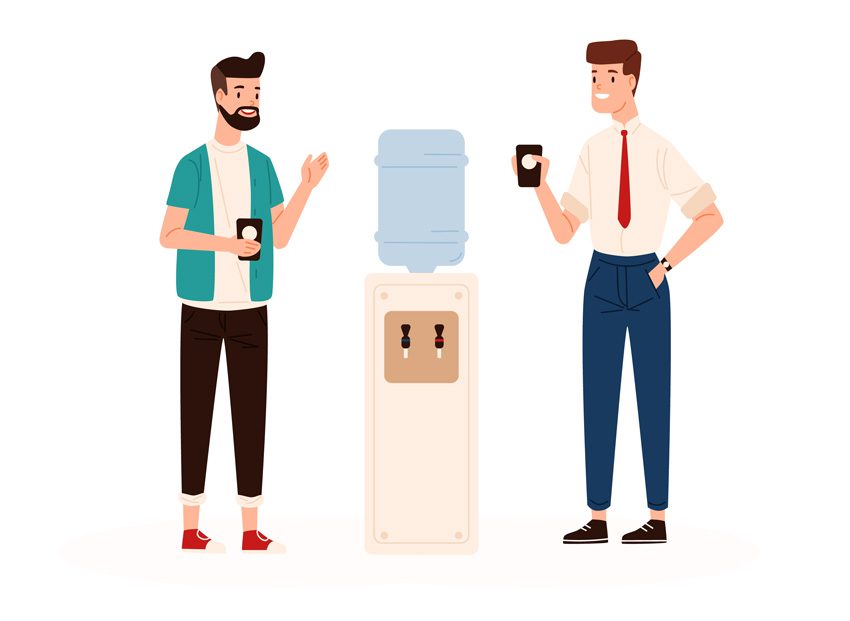Many people recognize the devastation that addiction can cause. Even so, they may use certain words or phrases that contribute to the stigma behind addiction. Most people don’t intend to harm; often, we just don’t recognize the negative impact certain phrases or words may have.
What Is a Stigma?
A stigma is a mark of disgrace that people associate with certain behaviors or qualities. For example, the stigma of addiction is perpetuated when people view and talk about addiction as something that affects only the weak, poor, or undisciplined. Stigmas about mental illnesses lead people to see those who suffer from them as somehow inferior. There are also many social stigmas influencing people’s attitudes about certain genders, races, or cultures.
Many people who could be helped by addiction treatment avoid it because they don’t want to appear weak or different. Addiction stigmas exist because people simply do not understand addiction, nor do they recognize that it creates serious risks to the person suffering from it.
Are You Contributing to the Stigma of Addiction?
Stigmas grow and continue on through generations because of what we say and do. We may not even realize that the statements we make are in fact derogatory to those with addiction. But regardless of intention, using these statements or phrases continues building that stigma. Take a closer look at some of the most common phrases many people use that are hurtful.
- Addict: Often used to describe a person who has developed dependence on and addiction to substances. Although “addict” has been used for years, we are finally starting to recognize the way it dehumanizes a person. “Addict” has a negative connotation. It takes away the individual person who is suffering and replaces them with a label. Instead of saying “addict,” say, “a person with an addiction.”
- Drunk or Junkie: Used to describe a person with a substance use disorder (alcoholism or drug addiction). Instead, use terms like a “person with an addiction/disorder.” Telling someone they are a junkie perpetuates the feeling that they are nothing more than their addiction.
- A Drug/Alcohol Habit: A habit is something that can be changed by willpower alone. The phrase “drug habit” implies that it’s easy to stop taking drugs. In fact, addiction is a disease requiring professional help. Instead of saying “drug habit,” use the proper terms like substance use disorder or addiction.
- Clean: Saying someone is clean implies that when they were using, they were “dirty” in some way. While you may be saying this in a positive way, it still carries a negative feeling. Instead, state the person is in recovery or is abstinent or sober.
- Abuse: Stating that someone abuses drugs or alcohol may be accurate. However, it’s better to say they “use” or “misuse” drugs or alcohol. That’s because the term “abuse” implies that a person has a choice to stop using when in fact they likely do not.
- Former Addict: Stating that someone is a former addict or used to be an addict carries that same level of shame with it that “addict” does. While this person may be no longer using drugs or alcohol, they shouldn’t be defined by their previous drug use but instead as a person who previously used drugs.
How Do Stigmas Change?
Everyone plays a role in changing the stigmas surrounding addiction. The more we understand how addiction works, the more we will choose compassionate language to talk about it. When we remove the stigma, we make it easier for people to seek treatment.
How can you help?
- When talking to others about substance use disorder, use the proper terms for the conditions and situation. Always put people first when it comes to describing use.
- Make it a point to communicate with those you love that you believe addiction treatment is important and valuable.
- Recognize that drug and alcohol addiction are true diseases. Don’t look down on a person with a disease like this, just as you would not look down on a person with cancer or heart disease.
Take the time to consider your own language and thoughts about addiction. Could you make some changes? Can you provide better support for a loved one in recovery? If you or a loved one are struggling with addiction, reach out to DK Solutions. We can help you learn more about the disease and make informed choices that will set you on a path to healthier life.

